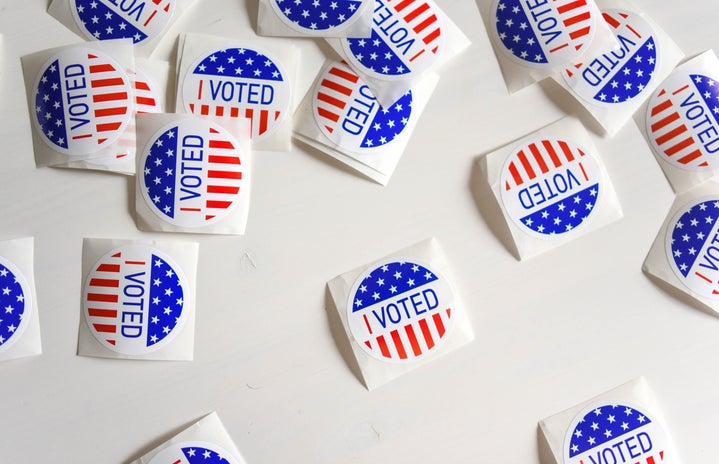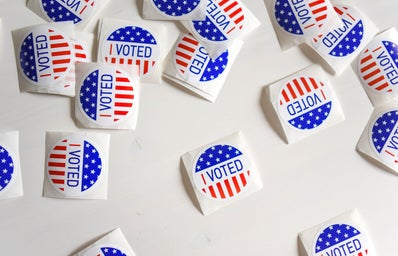As 2019 was wrapping up, many of us were looking back on the year and looking ahead to 2020. As I looked forward, the 2020 presidential election was one of the more pressing issues and events that I had thought would be the year-long event to stress and obsess over. At the same time, the coronavirus was increasingly becoming an issue in China. One of the earliest cases of COVID-19 was in December of 2019, and it was on the last day of the year, December 31st, that China reported several cases of the virus to the World Health Organization (WHO). Three months later, as I write this, the epidemic has killed roughly 82,000 people worldwide, and over 10,000 Americans, but this number is still expected to climb higher.
Back in December, no one knew the true extent and severity of COVID-19. As the virus continues to spread, many state governments have mandated stay-at-home measures and have encouraged social distancing guidelines to slow the spread of the virus. Many of these guidelines have ordered the closing of non-essential businesses, while only keeping necessary businesses such as grocery stores and food services (with most using take-out precautions) open. With the onset of these guidelines, I, and many other citizens, are left wondering about the state of the 2020 elections.
With social distancing guidelines in place, the idea of going out to a polling place (of which many have closed), something that is seen as a basic civic duty, could now be deadly. Now many citizens have to make an impossible decision: citizens have to decide if they are willing to risk their lives in order to cast their votes.
In response to this, many states have moved their primary election dates to later in the summer. Despite this move, thousands of Americans across the country are requesting absentee ballots in order to vote. But the integrity of the 2020 election is still at stake. Recently the governor of Wisconsin had requested their April 7th primary to be postponed, but the Wisconsin and United States Supreme Court rejected this motion, hours before the primary was expected to be held. This motion also blocked an executive order meant to extend the deadline for absentee voting.
This resulted in outrage, with many calling this the “…most brazen acts of voter suppression in modern history,” (Stern). In the dissenting statement, Justice Ruth Bader Ginsberg claimed that “the court’s order, I fear, will result in massive disenfranchisement,” (Herndon and Rutenberg). Not only is the Wisconsin primary important for determining the nominees for the General Election, but there is also the reelection of a State Supreme Court Justice at stake.
The United States’ democracy is already under stress as COVID-19 continues to infect the country, with concerns focused on the issuing of emergency powers and how the president can abuse these powers to reassert his own political agenda. The continued focus on the virus has also made it difficult for presidential candidates to continue campaigning, which many speculate resulted in Bernie Sanders suspending his campaign. Despite this announcement almost guaranteeing candidate Joe Biden to become the presumptive Democrat nominee, many citizens and reporters continue to focus on updates about COVID-19. Even as I write this, and look for sources to use, I am constantly distracted by the constant influx of information about the virus.
In order to protect the integrity of upcoming primary elections, Democrats are creating legislation for the new coronavirus emergency package to expand monetary support to states for absentee ballot voting. There is still uncertainty about how long COVID-19 will linger around, with estimates ranging from weeks to months, resulting in lawmakers seeing a need to start to prepare for a vote-by-mail system for the general election.
In Future Politics, Jamie Susskind speculated about the impact digital technology would have on democracy, but many, like him, did not realize that a virus, not technology would be the means of exposing the flaws and cracks of the nation’s democratic system. Plagued with inconsistent and contradictory information about the coronavirus, plus the politicization of the virus itself has impacted not only the election and politics but also many American’s livelihoods and health. Preventing Americans to vote is not only a direct violation of the foundation of democracy, but it is a direct violation of the liberties of Americans.
Is this what democracy looks like?



